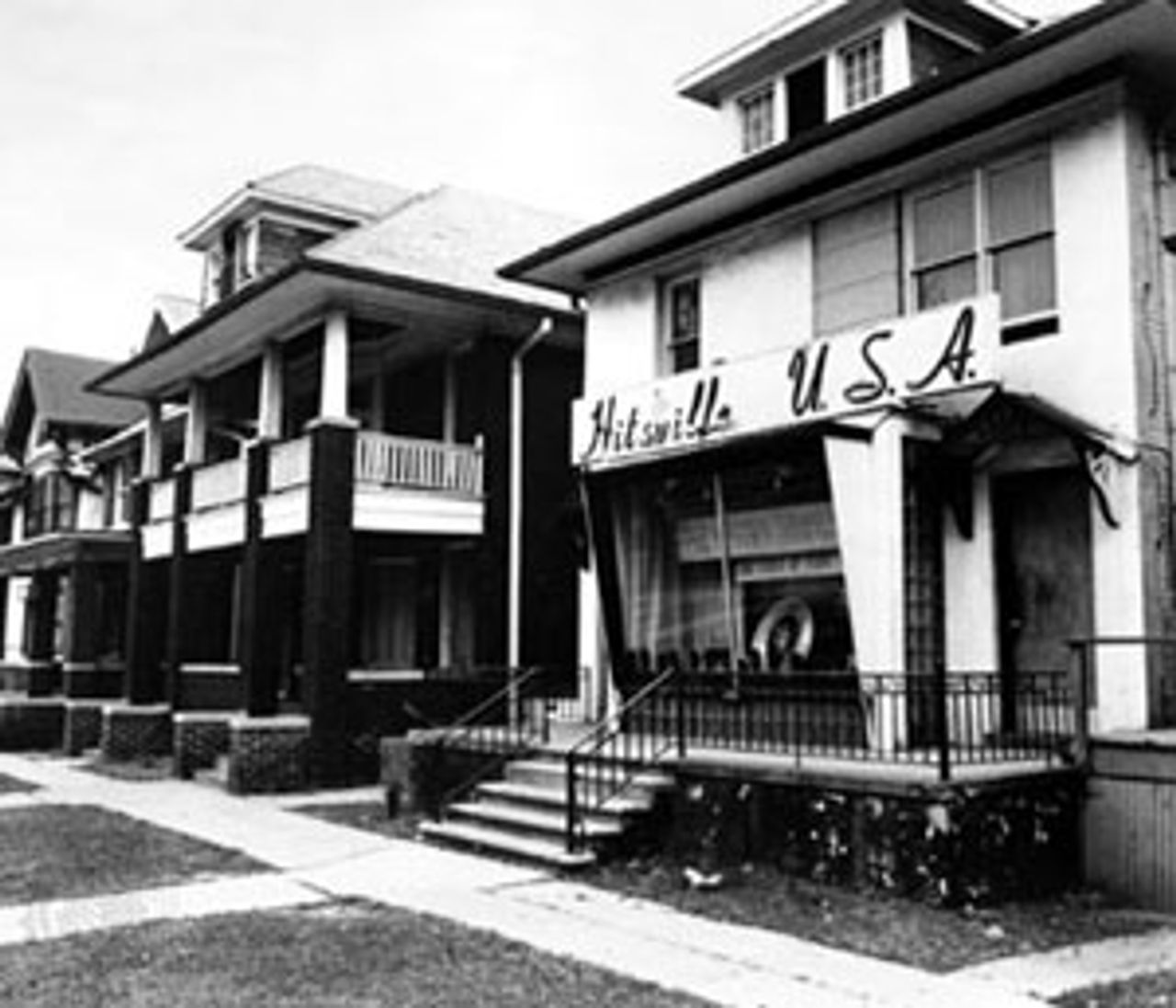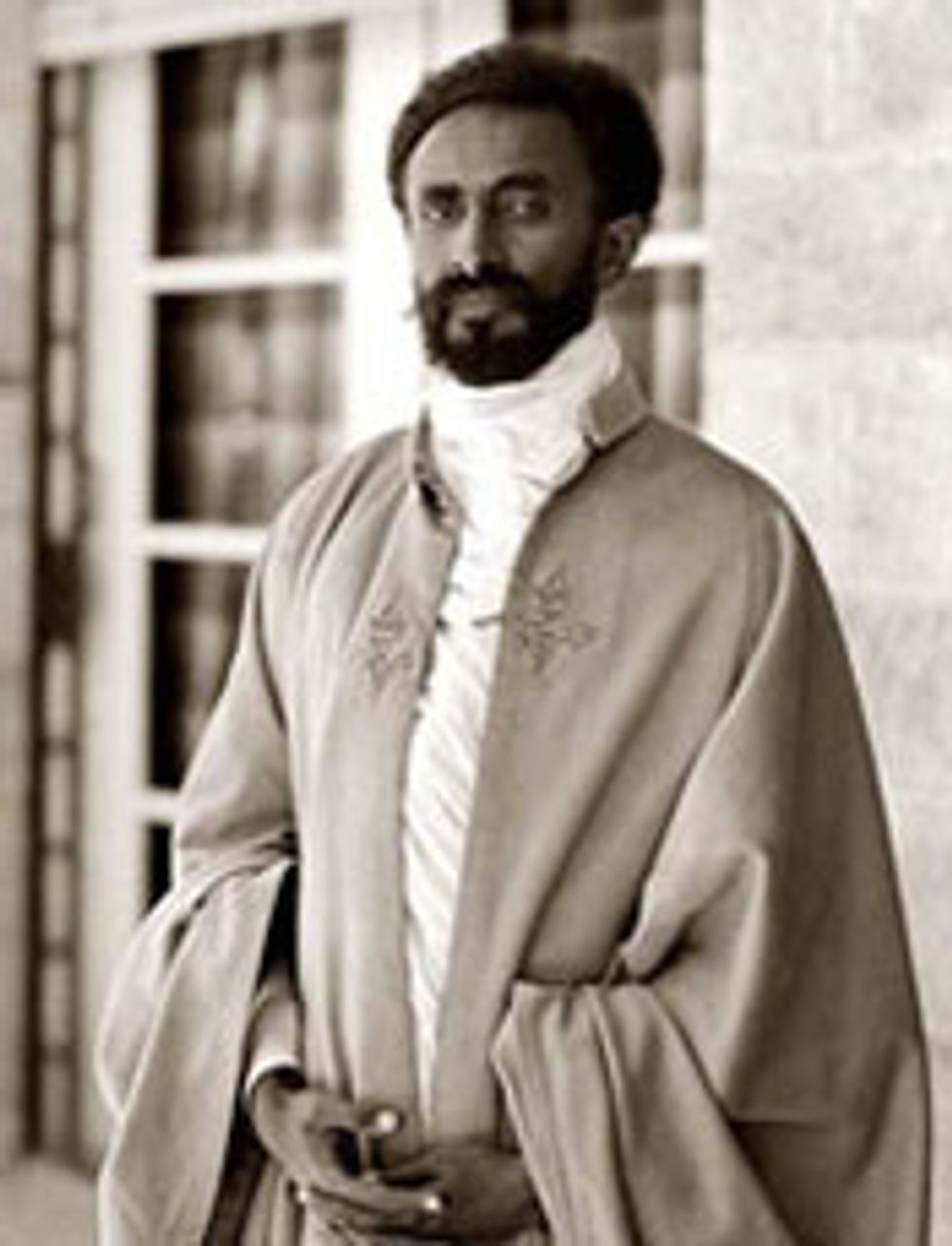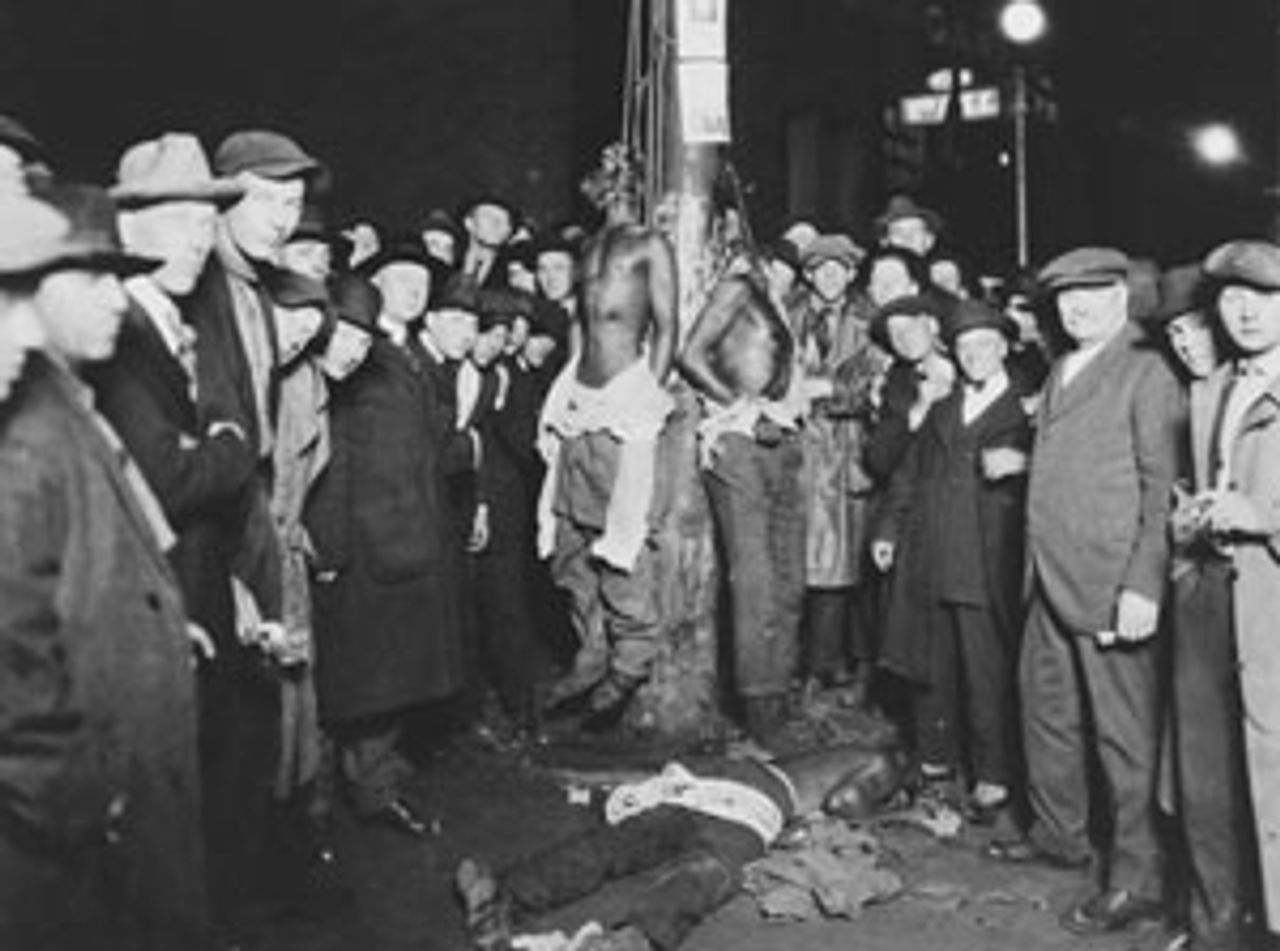This Week in History provides brief synopses of important historical events whose anniversaries fall this week.
25 Years Ago | 50 Years Ago | 75 Years Ago | 100 Years Ago
25 years ago: UK agrees to return Hong Kong to China
On December 19, 1984, British prime minister Margaret Thatcher and China’s premier Zhao Ziyang issued the Sino-British Joint Declaration, which stated Britain would return Hong Kong to Chinese sovereignty effective July 1, 1997.
The loss of Hong Kong was the last major milestone in the decline of the British Empire, upon which for centuries “the sun never set.” British efforts to renew its lease over the city-island off the southern coast of China were scrapped after it became clear the US would not support its position.
The terms of the agreement also pointed to “communist” China’s embrace of capitalism. Under the motto “one country, two systems,” Beijing would allow Hong Kong to retain its open market system for a period lasting fifty years after the transfer date.
This was not a concession to the British. Deng Xiaoping hoped to use Hong Kong to introduce capitalist property relations throughout the mainland.
50 years ago: Motown Records founded in Detroit
On December 14, 1959, songwriter Berry Gordy Jr. borrowed $800 from family to open up his own record company in Detroit, which would soon be called Motown Records.
 Motown Records began in this Detroit house in 1959
Motown Records began in this Detroit house in 1959Gordy wagered there was a market for the music associated with the nation’s growing urban black population—soul, and rhythm and blues—incorporating popular production methods and musical themes.
Detroit was a vibrant city of nearly two million people, including hundreds of thousands of black workers drawn from the South to the Mecca of world auto production over the preceding five decades, bringing with them traditional forms of gospel music and the blues.
The new music drew much of its energy and hopefulness from the vibrancy of Detroit. The industrial might of the city even lent the musical genre its name, “Motown” a popular contraction for “motor town.”
The first act Gordy signed was a group called “The Matadors,” renamed “The Miracles.” The group’s lead singer, Smokey Robinson, also served as Gordy’s vice president.
75 years ago: Tensions rise in “Abyssinian Crisis”
 Ethiopian emperor Haile
Ethiopian emperor HaileSelassie in the 1930s
The foreign minister of the Ethiopian Empire (Abyssinia), sent a telegram this week in 1934 appealing to the League of Nations for support against fascist Italy over fighting between the two countries that had taken place days earlier at Walwal.
Ethiopia rejected Italian Prime Minister Benito Mussolini’s version of events, which cast Ethiopia as the aggressor, claiming that Italy had launched an unprovoked attack on Ethiopia.
Emperor Haile Selassie had sent a surveying team with a military escort to the Walwal, which, he insisted, lay well within Ethiopian territory. This party came under attack by a force from inside Italian Somalia killing more than 100.
Italy issued its own report on December 16, refusing any mediation by the League of Nations and insisting that “responsibility falls upon” Ethiopian troops for the battle. It demanded an apology and reparations from the Ethiopian government.
Ethiopia was one of the few African nations not colonized by Europeans. It had also been the only African nation to defeat a European power militarily, routing an earlier Italian attempt at colonization in 1895 and 1896. With its thrust into the region under Mussolini, the Italian ruling class hoped to undo this humiliation and to secure a dominant position in the strategic Horn of Africa.
Britain and France did little to check Italian aggression, hoping to secure Italy as a counterweight against Nazi Germany.
100 years ago: Repression, lynching of blacks in US
 A postcard depicting lynching of three black circus
A postcard depicting lynching of three black circusworkers, falsely accused of rape, in Duluth, Minnesota,
in 1919. Most lynchings took place in the South.
On December 15, Democratic Representative J. Thomas Heflin of Alabama introduced a bill in US Congress to enforce racial segregation on Washington D.C.’s street cars. “Jim Crow” had been put in place across the South over the previous two decades.
On December 18 in East St. Louis, Missouri, more than 300 blacks were swept up by vigilantes in response to accusations that a “Negro” bandit killed two train men. Anyone who “answered in some particular the description” of the accused—i.e., skin color—was arrested. Fearing a massacre, the Illinois governor ordered the National Guard to prepare to depart for the industrial city.
Dozens of lynchings of black men took place every year in the US beginning in the 1890s; at least 69 took place in 1909. Nearly all the victims were falsely accused, often of raping white women.
On December 19, George Bailey was killed in his prison cell in Devil’s Bluff, Arkansas, by a white mob.
On December 20, nearly the entire black population of Magnolia, Alabama fled after four brothers were accused of killing a young white man. One of the four was forced to light fire to the house in which his brother, Clinton Montgomery, had barricaded himself. Attempting to escape, Montgomery opened fire on the white mob, killing one, before his body was riddled with bullets and left to burn.
Also on December 20, in Rosebud, Texas, Coke Mills was taken from a prison cell and lynched for allegedly killing a city marshal earlier in the day.
